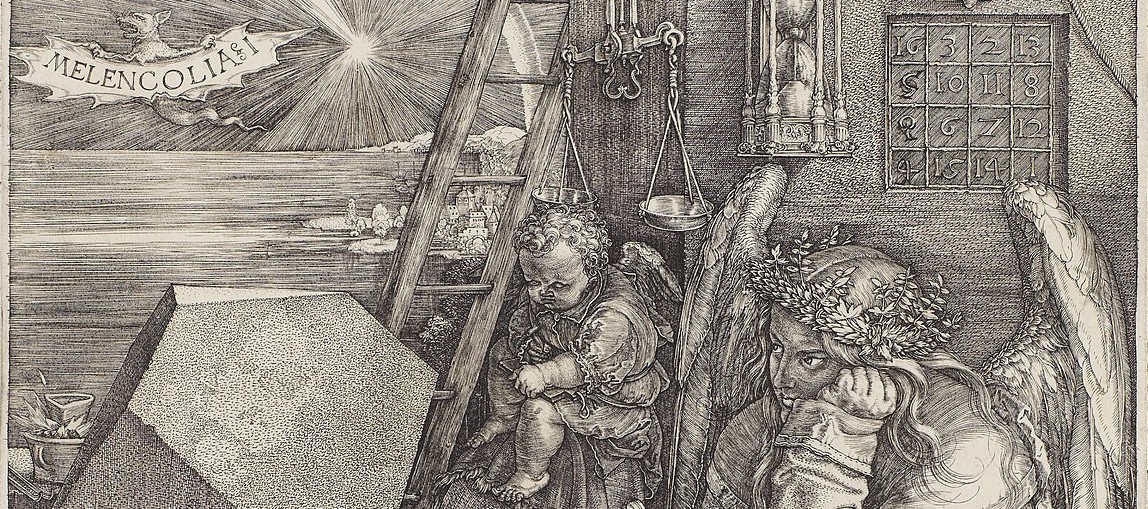

In order to drive his point home, Sartre draws heavily on the method and sensibility of Louis Ferdinand Céline, a fact that, I think, has not been dredged yet in the reviews. But when we strip language, hence thought, from the object we call a tree, it exists in a full, overwhelming, and terrifying way. Ordinarily, he says, we impose the categories of the mind upon material objects and thus thrust them from us.

Why? The gross materiality of tangible objects apprehended by the senses, says Sartre, is inexplicable and ultimately absurd.

A tree, a glass of beer, a man’s hand-they become nauseating to Roquentin. The Idea of Nausea boils down to this: Roquentin-the author’s mouthpiece-experiences a profound revulsion when he comes into contact (and how can one help coming into contact?) with material objects. The diary, as James pointed out a long time ago, is a cheap and convenient device because it divests the novelist of his aesthetic responsibility to render experience dramatically and not rely on the “platitude of statement.” The story of Roquentin is told through a diary which is found after his death. Nausea is difficult to read because it is clumsily written, because there is an extreme lack of selection, and because Sartre never took the trouble to learn the techniques of fiction. To kill himself would be an act of faith-he can’t do that! All he can do is lug his body through this stale joke of a life until he’s taken. At the end of the book Roquentin doesn’t know what to do. Everything is nada, nada, nada, if you remember Hemingway’s little story.

He has a girl-friend with whom he sleeps in a mechanical way and he quits that, too. Roquentin, an intellectual, is bored to the death with the meaninglessness of his (and all) life and soon quits writing his book. What is the story about? A fellow of thirty named Antoine Roquentin is working on a biography of an old French scoundrel who lived a hundred or more years ago. There is just a rotten day-by-day existence. In this first book there is none of that. The need to storm a heaven that isn’t there came later, you can find it in Sartre’s plays. For this book-it is charity to call it a “novel”-finds everyday life rotten. It was begotten by those things, but before the war. My notion had been that Sartre’s leap had come right out of the fighting, that This was Sartre’s first “novel”-the first spurt of this Niagara Falls of letters.


 0 kommentar(er)
0 kommentar(er)
